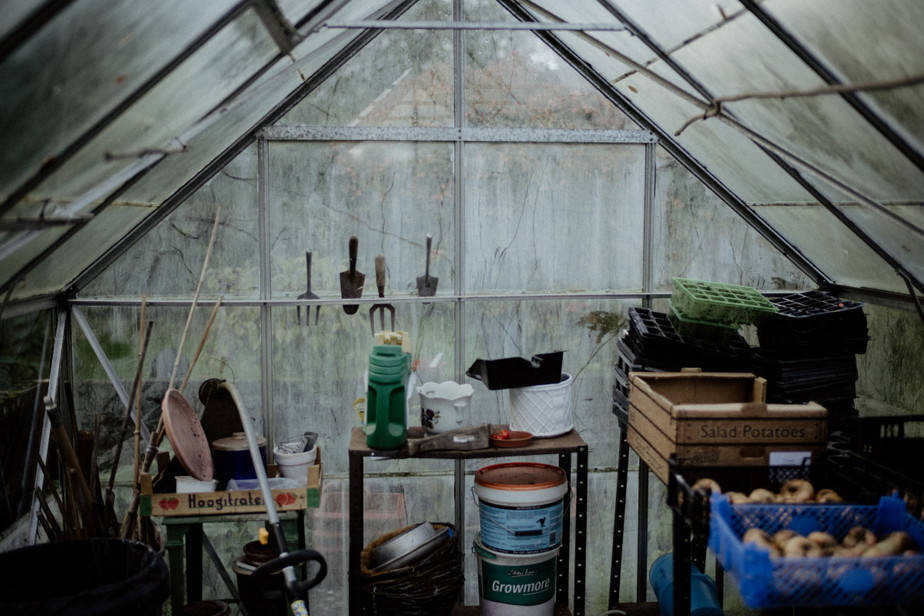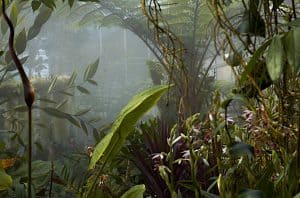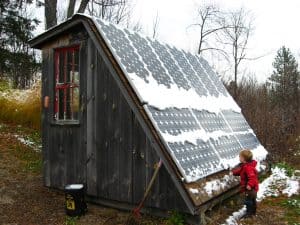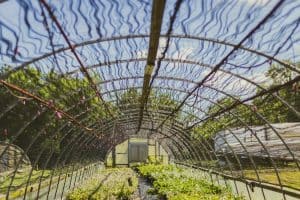Suppose you’re new to the world of greenhouses or need help convincing your partner to install one in the backyard. In that case, you might be having trouble understanding why growing plants in greenhouses is different from growing them outside.
After all, greenhouses can be expensive to build, heat, and maintain. If they’re no different from growing in an outdoor garden, why spend your hard-earned money and all that effort?
While there’s nothing wrong with growing your crops outdoors, growing in a greenhouse has numerous advantages.
Greenhouses Have Extended Growing Seasons
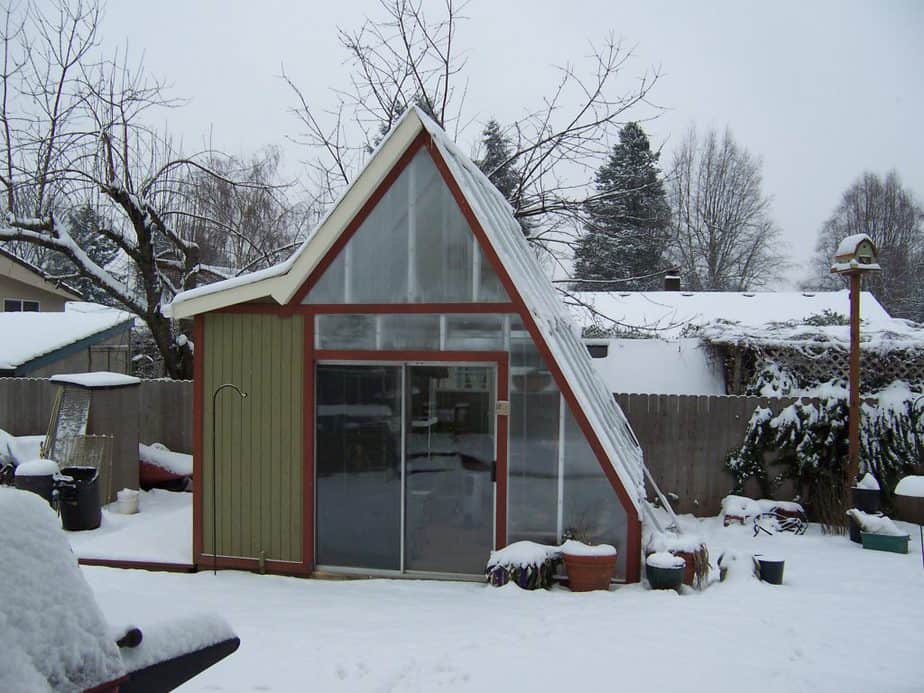
One of the most significant differences between a greenhouse and an outdoor garden is the length of the growing season. Outside, your plants can thrive from the day you place them in the ground until the temperatures begin to drop below their level of survival.
That growing season gets extended significantly with a greenhouse, especially if your greenhouse is equipped with heat and grow lights. Even in an unheated greenhouse, you’ll be able to get several more weeks or even months of growth before harvest.
That means you can enjoy your favorite fruits and vegetables well into fall and possibly winter. Depending on the crop, you may be able to plant later than usual so that you can continue to enjoy your harvest even as temperatures drop near or below freezing.
That extended growing season also means you can get a head start on your spring planting. You’ll be able to plant your seeds earlier and enjoy the bounty of your garden sooner. Plus, your plants will be well established when it’s warm enough to plant outside if you choose to move them outdoors for the summer.
If you’re lucky enough to have a greenhouse with grow lights and heat, you’ll be able to grow year-round and enjoy your favorite crops on your schedule. No more worrying about crazy spring or fall weather!
Plants Are Less Prone To Damage In Greenhouses
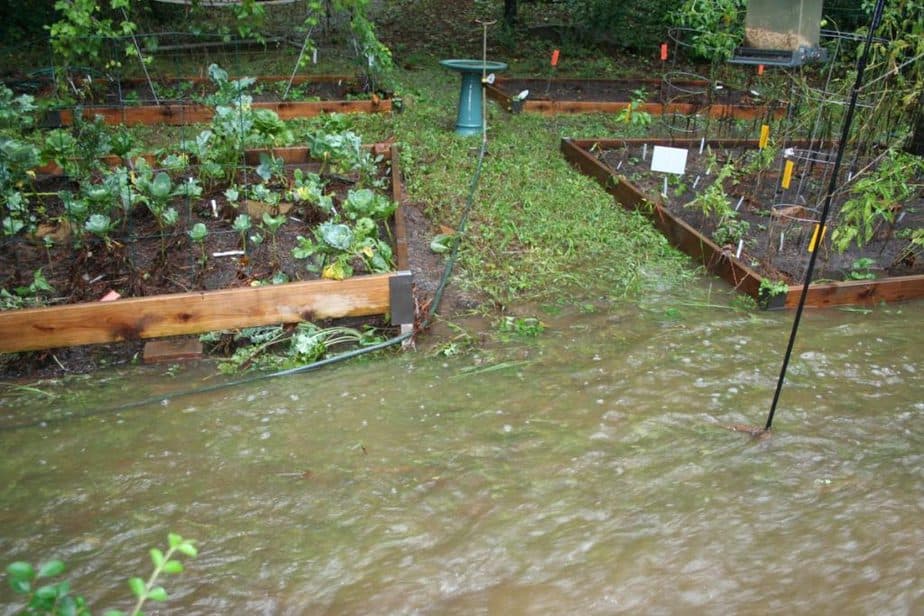
Another significant advantage of growing in greenhouses is the damage your plants will face. When grown outdoors, your plants could potentially fall victim to a range of natural disasters.
Have you ever come outside after a big storm only to discover that the wind, rain, or hail has damaged your garden? How about that family of deer or rabbits that enjoy snacking on your favorite crops? With a greenhouse, you won’t have to feel that disappointment again.
Greenhouses are constructed to protect your plants from the potential damage caused by Mother Nature. That roof means no hail damage, while those four walls will protect your plants from being ravaged by the wind.
Unless you accidentally leave your greenhouse door open, it will also protect your crops from damage caused by hungry wildlife. This buffer may come as a disappointment to your local fauna, but you’ll be happy at harvest time when you get to enjoy the fruits of your labor without unsavory bite marks.
Additionally, you won’t need to worry about your plants getting damaged when temperatures drop sooner than expected in the fall. That surprise frost might have affected your plants growing outside, but they’ll be safe and sound inside your greenhouse.
Greenhouses Provide Protection From Pests and Diseases
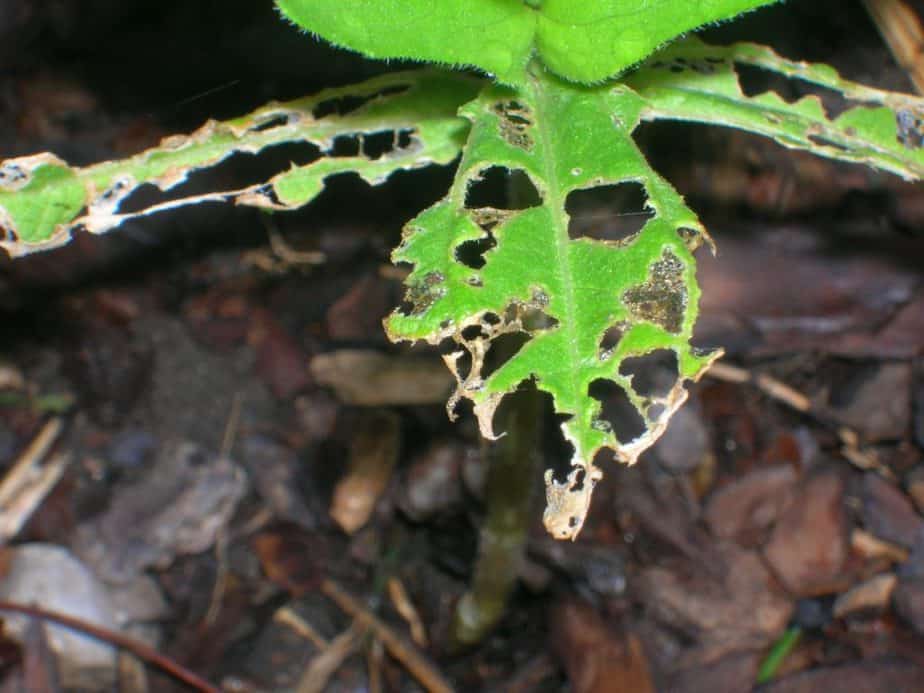
Dealing with pests and diseases can be frustrating enough to give any gardener nightmares, but with a greenhouse, you’ll be able to sleep soundly knowing that your plants are free from plant munching insects and diseases.
Of course, a greenhouse won’t be able to keep every single pest out. Bugs can frequently find their way inside through any ventilation you may have, but it will be at a far lower rate than if you grew everything outside.
Greenhouses will allow you to isolate your plants in a way that will make small pest infestations easier to treat. Rather than having to treat your entire aphid-infested garden, you’ll be able to get control of the problem quickly and easily.
By isolating your plants in a greenhouse, it will also be easier to treat any infestations or diseases using more natural products and biological controls, so keeping an organic garden will be an easier feat for the average gardener.
Some diseases, such as blight, tend to find greenhouse environments to be inhospitable. Not only is it more difficult for fungal spores to reach your plants in the first place, but it will be more difficult for the disease to thrive and spread.
It’s also easier to control the spread of unwanted weeds in a greenhouse. Without the wind and wildlife that spread weed seeds throughout your outdoor garden, you’ll have an easier time keeping your garden tidy. Plus, you won’t have to deal with the hassle of weeding quite as often.
Greenhouses Provide Higher Yields
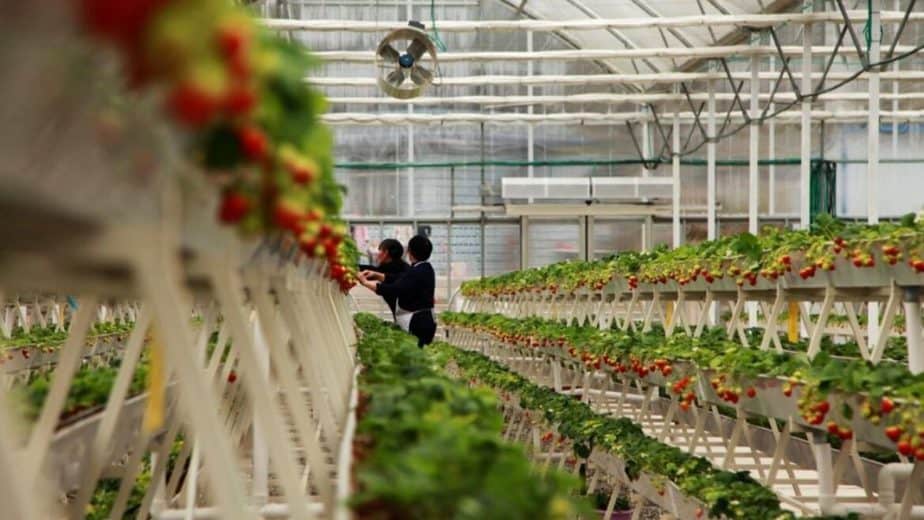
Finally, the most significant difference in growing in a greenhouse versus an outdoor garden is the yield. Your yield will vary based on the specific crops you’re growing as well as the growing conditions, but estimations are that greenhouses can produce up to 15 times more yield than growing outdoors.
Greenhouses create a more stable environment in which your plants can thrive. The controlled greenhouse environment means that your plants won’t have to face the damaging effects of weather, and you won’t lose crops to wildlife, pests, or disease.
If your greenhouse includes both HVAC and grow lights, your plants will also benefit from that consistency. Those cloudy, chilly days no longer mean that your plants will suffer from low temperatures and inadequate light levels.
Additionally, the enclosed nature of the greenhouse captures more carbon dioxide than your plants have available outside. That CO2-enriched environment, combined with consistent light and temperatures, means that your plants can photosynthesize better than ever.
Better photosynthesis means better growth, which also means a better harvest for you. If you live in an arid climate, you’ll also be able to better control humidity levels in your greenhouse, which will also help your plants produce a higher yield than if they were grown outside.
Pros of Growing in a Greenhouse
Obviously, this isn’t an exhaustive list. Other pros of growing in a greenhouse include:
- profit maximization
- optimal growing conditions
- protection from animals and invasive plants
- possibility of growing more exotic plants
Would you like to see a post about the cons of greenhouse growing? Comment below, and we’ll make it happen!

